




Please join us for the groundbreaking of our new AOC Saraland Clinic – Friday, October 4th, 2019 at 11:30am, 21 Shell Street, Saraland, AL (next to Publix)

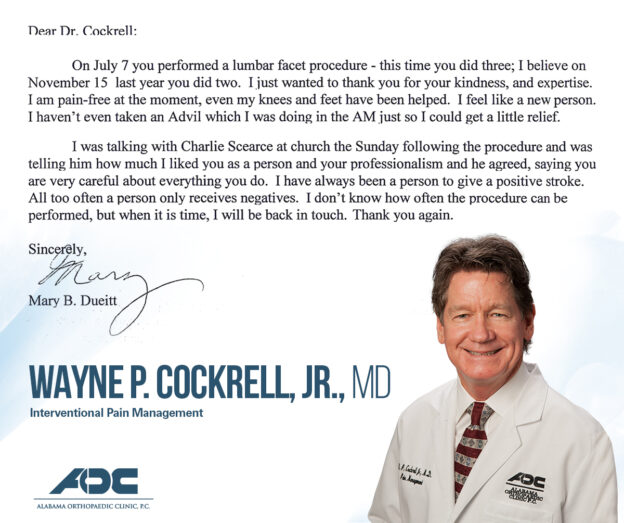
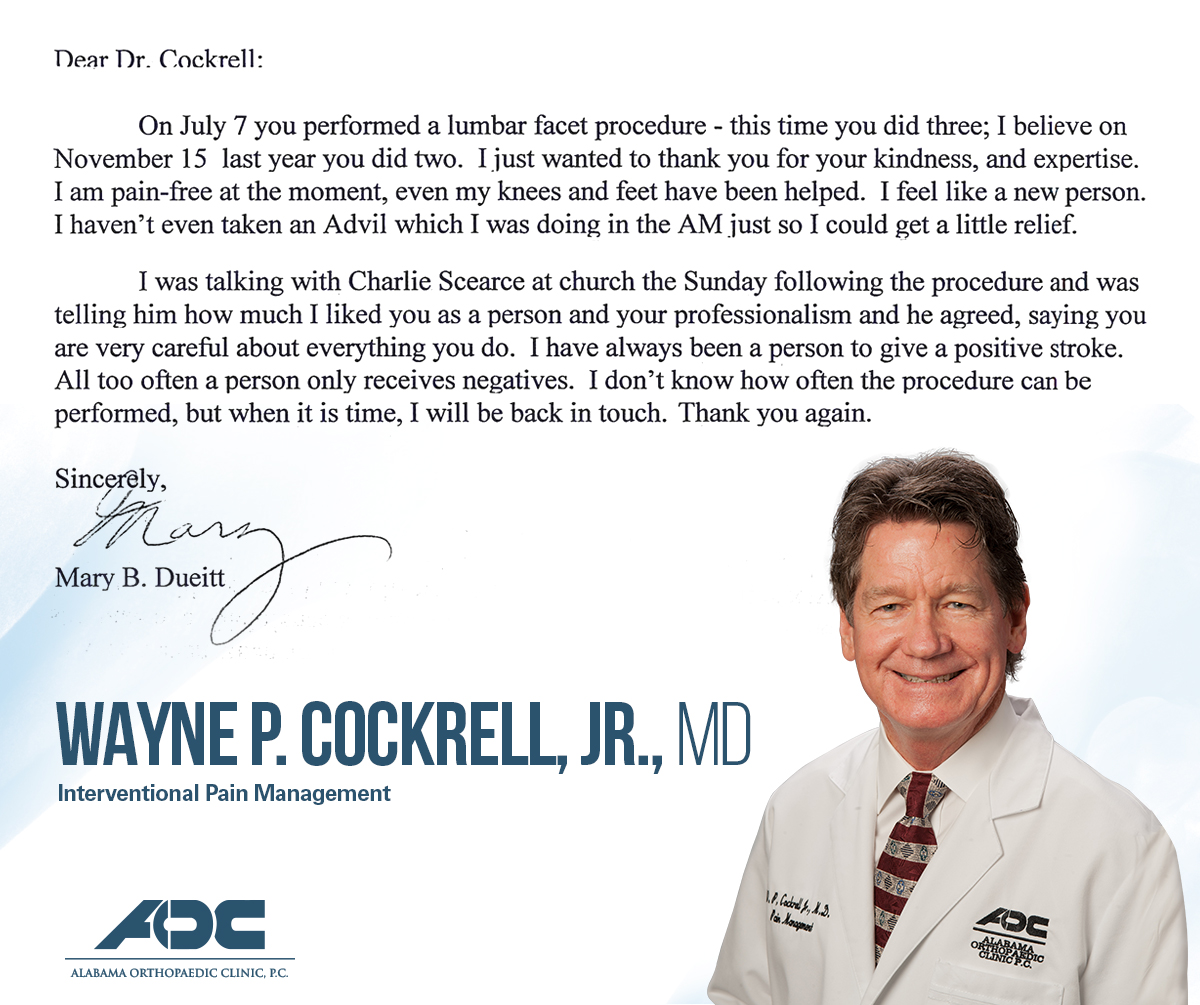
AOC Doctors pride themselves on providing excellent patient care. Dr. Cockrell received this letter from a patient expressing her gratitude for his “kindness and expertise.” Now, after her procedure, she is able to walk pain-free.


Dr. Russell Hudgens, Orthopaedic Surgeon and Chairman of the AOC Board of Directors and Dean Brown, AOC’s CEO, were proud to present Kim Garrett, from Victory Health Partners a check for $8,600.00.This year was the 19th Annual AOC Charity Golf Tournament with Victory Health Partners as the recipient. At AOC, we eagerly look for ways to get involved in giving back to our community. This is one of many philanthropic steps that bring us closer to our goal.


Dr. Christopher Patton was inducted into the Cottage Hill Christian Academy Athletic Hall of Fame as an Honorary member. Dr. Patton is part of the inaugural class of inductees. He has served as the only team doctor in CHCA history and has been a great supporter of Warrior athletes, spending all home games and several road games on the sideline. Jimmy Messer, Head of School CHCA says, “Dr. Patton is very deserving of his induction to our inaugural class. We are fortunate to have someone of his expertise and love for high school athletics as a part of our team.”
Choosing the right orthopedic surgeon is the first step toward a successful surgery and a fast recovery. You may be wondering, but how do I know which surgeon is right for me? Here are a few tips and questions to keep in mind through your decision process:
Ask around
Just as you consult your friends, family or neighbors about products and services, so should you about doctor recommendations. AOC’s Dr. Barber says that asking around is the safest bet. He added, “There are a lot of people in the community that have these surgeries. So if you know 10 people that have had a great result from one surgeon that’s usually a pretty good endorsement.”
Don’t just take your friends and family’s word for it, also seek professional recommendations from your doctor or healthcare provider. Asking around can help you find a starting point in your search for an orthopedic surgeon.
Quick search
Go to your search engine of choice and type in your potential surgeon’s name. Review what others have said and any other available information. Remember: not everything on the Internet is concrete – some reviews can be exaggerated. Take the information and use it with discretion.
Research further
Narrow down your search by looking at your potential surgeon’s credentials. Visit their practices website, and learn more about their work experience and area of specialty. If you want more information about a particular surgeon, a great source is the American Academy of Orthopedic Surgeons.
Before you make your final decision, consider these questions:
Questions to Ask Before Having an Operation
1. Why do I need this operation?
2. How will the operation be performed?
3. Are there other treatment options, and is this operation the best option for me?
4. What are the risks, benefits, and possible complications for this operation?
5. How will I be monitored during the operation?
6. What can I expect before the operation?
Will I need any special preparation – tests, blood donation, blood thinners and change in my routine medications?
Will I need any special diet?
When do I have to stop eating and drinking?
Should I take my home medication on the day of my operation?
7. What can I expect for my recovery in terms of treatment, medication, diet, and home care?
What type of care will I have to provide for myself at home?
When will I be able to return to my regular activities (work, lifting, driving, and exercise)?
Will I need any medication—antibiotics, pain medication?
What can I do to help with my recovery?
8. Could you tell me about your experience with this operation?
Do you perform this operation regularly?
What is your success rate, and how often do your patients experience any problems?
Are you board certified?
Are you a member of the American College of Surgeons?
How can I contact you if I have more questions?
9. Is the surgical facility accredited and properly staffed?
10. How much will the operation cost me, and what type of insurance do you take?
What to Consider when Looking at Online Doctor Websites:
AOC understands selecting the right orthopedic surgeon can be overwhelming. Please visit our website, www.alortho.com, to learn more about our team of doctors and the services they provide. To schedule an appointment or consultation, please call: 251.410.3600
Resources:
Resource 1
Resource 2
Resource 3
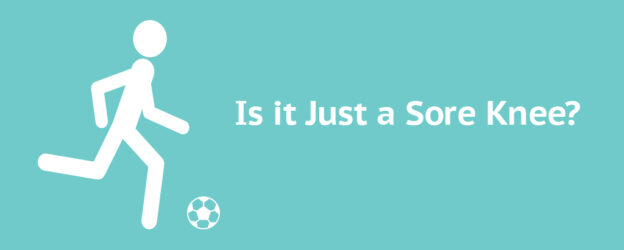
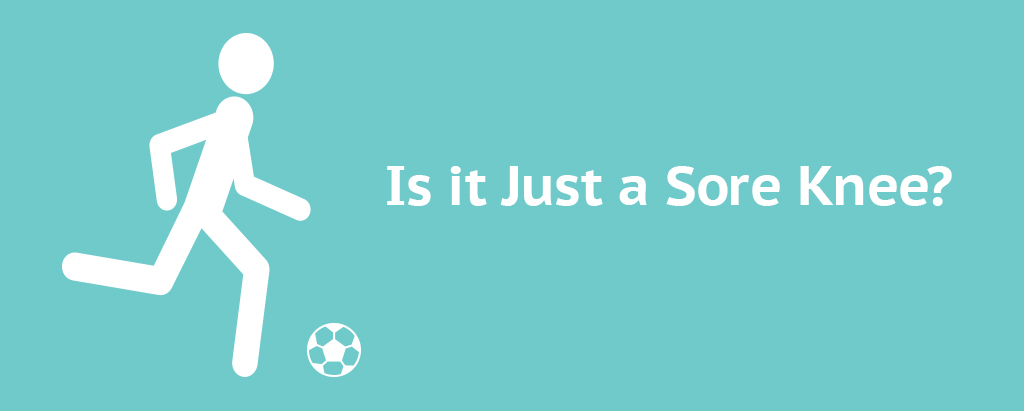
It’s a fact, kids play hard. However, while they’re playing and having fun, children don’t realize they are sore until it’s time for bed. As their bodies begin to relax, sore muscles and joints begin to ache; these aches are commonly called growing pains. However, if pain persists, it may be more than a sore muscle or joint, it could be juvenile arthritis. Here are a few tips to help you know the difference.
Growing Pains vs Juvenile Arthritis
What are growing pains?
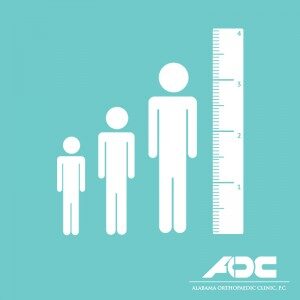
Children who complain of growing pains, often describe pain or discomfort in their legs or arms. Growing pains tend to affect children at night; it is not uncommon for aches to wake children from their sleep. Don’t panic, although these aches are called growing pains, there is no evidence linking growth with pain. After all a child’s rate of growth is too piecemeal to cause pain.
Symptoms of Growing Pains
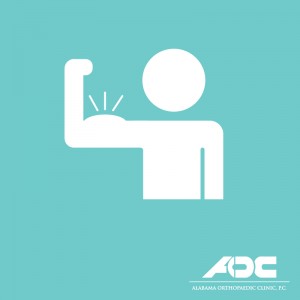
Symptoms of growing pains are pains in the muscle, rather than in the joints. Common spots include the front of the thighs, the calves and the backs of the knees. Pain typically does not last for long periods of time. If pain does persist, it may be time to call a pediatrician. Quick tip: a warm bath before bed can help soothe sore muscles.
What is Juvenile Arthritis?
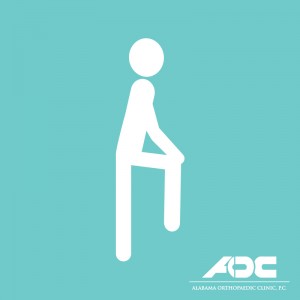
Yes, children can get arthritis. Juvenile arthritis affects children under the age of 17. Children who have juvenile arthritis may experience persistent pain, swelling and stiffness in their joints.
Symptoms of Juvenile Arthritis
Symptoms to watch out for are tenderness, pain, or swelling of the joints, limited range of motion, joint stiffness, and fatigue. If joint pain persists more than a week, make an appointment to see a doctor ASAP.
Like AOC on Facebook
Follow AOC on Twitter
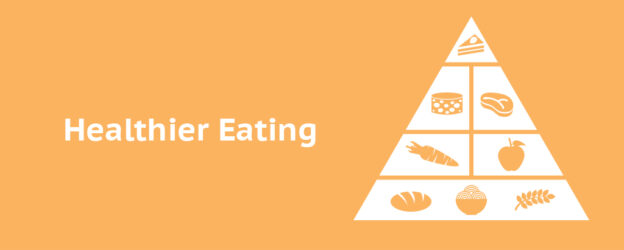

It seems like people are dieting more than ever these days. What many of them do not realize is eating healthy doesn’t mean sticking to strict dietary limitations or depriving themselves of the foods they love. Eating healthy means eating a well balanced diet that can provide your body with the proper nutrition. With so many fad diets out there, it can be difficult to determine what a healthy diet consists of, that’s where we come in. Here are 5 simple changes you can make on your journey to eating healthier:
1. Start Slow:
Eating healthy doesn’t happen overnight. If you change your diet all at once, it can lead to cheating or giving up on your new eating plan. Look at changing your eating habits as a gradual process, after a while, you will have developed better eating habits. It is important to remember that you don’t have to completely eliminate the foods you enjoy; the goal is to gradually become healthier.
2. Everything in Moderation:
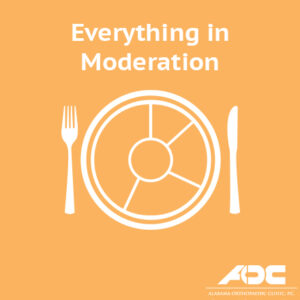
Stop over concerning yourself with counting calories and measuring portion sizes. Think of eating healthier in terms of moderation. What do we mean by moderation? Moderation simply means eating as much food as your body needs. The goal of moderation is to think in smaller portions, when you’re home, try using smaller plates to help you eat less. If you find at the end of meals you’re still hungry, try adding more leafy greens and fruits. It’s important to remember, after a meal, you should feel full not stuffed.
3. Pile on the Fruits and Veggies:
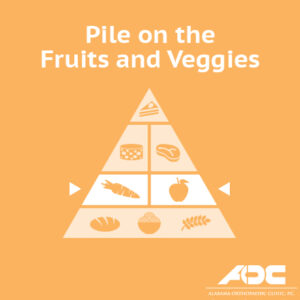
The foundation of a healthy diet is fruits and vegetables. They are nutrient dense and naturally low in calories, which means they contain vitamins, minerals and antioxidants our bodies need. Unfortunately, people don’t eat the daily-recommended intake of fruits and vegetables (5-servings). You should try to eat fruits and vegetables with every meal. Try adding berries to your breakfast, snacking on vegetables at work, and swapping sweet deserts for fresh fruits.
4. Switch to whole grain:
Switching to 100% whole grain foods can improve your energy levels. Whole grains are found to be rich in phytochemicals, which can help reduce the risk of certain types of heart disease, cancer and diabetes. Add whole wheat, millet, quinoa and barley to your diet and avoid refined foods such as breads, pastas and cereals that aren’t made with whole grains. An important thing to note is to know the difference between good and bad carbohydrates:
5. Limit Sugar intake:
Many adults are not aware of the amount of sugar they take in on a daily basis. Sugar produces energy ups and downs that can lead to weight and health problems. The solution to this problem is simple, cut back on the desserts and sodas you consume. When you’re in the grocery store be mindful of hidden sugars in pasta sauces, canned soup and breads. Eat more naturally sweet foods to curb your sweet tooth.
Remember eating healthy means you should eat a well balanced diet. Now you can feel confident that getting healthier doesn’t have to be such a battle.
Like us on Facebook
Follow us on Twitter

There is not a day in the office when someone does not discuss shoes. Proper protection and comfort are critical for our feet, as they are continuously subjected to high stress and injury with normal daily use. Shoe-wear issues are a constant balancing act between the need of protection and comfort versus style and social expression.
Women, particularly, can struggle with the shoe dilemma. While heeled, fashionable pumps, can seem to be a good fashion choice, the consequences of prolonged wear could make them less desirable. The constant use of heeled and pointed pumps will ultimately contribute heavily toward heel cord contracture, insertional spurs on the back of the heel, toe deformities including bunion and hammer toes; as well as forefoot nerve compression syndromes. Moreover, they can be unstable and subject the wearer to greater risk of ankle sprains and tendon injuries.
Flip-flops on the other hand are comfortable, but non-supportive. They leave the foot largely unprotected against injury. Walking barefoot carries the non-supportive risk to its ultimate, and is particularly dangerous in the diabetic patients with nerve sensibility issues.
Moderation is the key to life, and footwear is no exception. Fashionable, heeled pumps and casual un-supportive flip flops are all appropriate and good in the right setting, but are not to be worn most of the time.
Remember, whatever the shoe you choose, first and foremost it must fit. Uncomfortable shoes by definition do not fit, and will reliably lead to structural and painful problems with the feet.
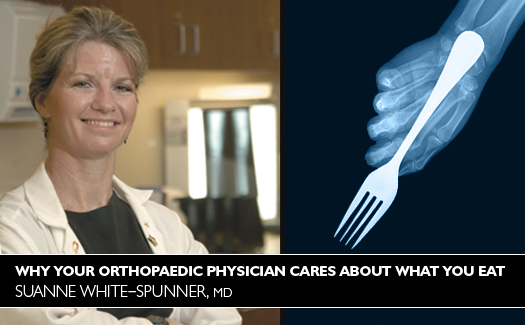

Orthopaedic Surgeons do more than fix broken bones. We also help people decrease the aches and pains that are part of life. We know that what you EAT has a big effect on how you feel.
Overeating and obesity have the obvious effect of adding stress to joints resulting in arthritis and pain at an early age. The rate of obesity has more than doubled since 1980. Poor diets and obesity are also linked to Type II Diabetes. Diabetes results in damage to both nerves and blood vessels. This damage not only can be painful, but also hinders the body’s ability to heal and can even result in amputations or other painful disabilities.
Various foods have different effects on the body. Some help decrease inflammation and pain. Some can help us to metabolize fat and lose weight.
As Orthopaedic Surgeons, we see the problems that result from bad eating habits. We realize that most people don’t know enough about what makes up a healthy diet. We also know that this is not our area of expertise. That is why we are happy to partner with The Delicious Dietitian. Since 2011, they have offered a FREE Wellness program for our patients.
At the Delicious Dietician, they teach people about healthy foods and portions. They can help with proper diets for individual health problems. They can also teach you how to buy the best foods on a budget.
Healthy eating is a choice that impacts how we feel for the rest of our lives. At AOC, we know that healthy people are more productive. We encourage our employees to improve their health and happiness by working with The Delicious Dietician.
LIKE AOC on Facebook